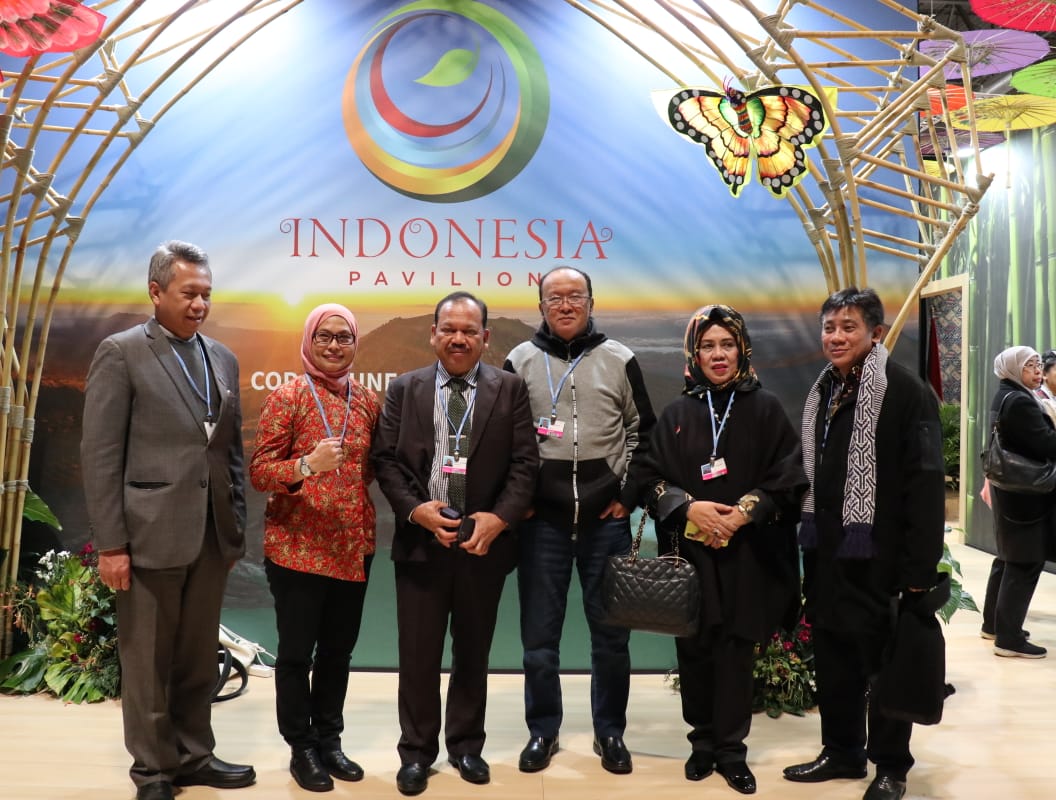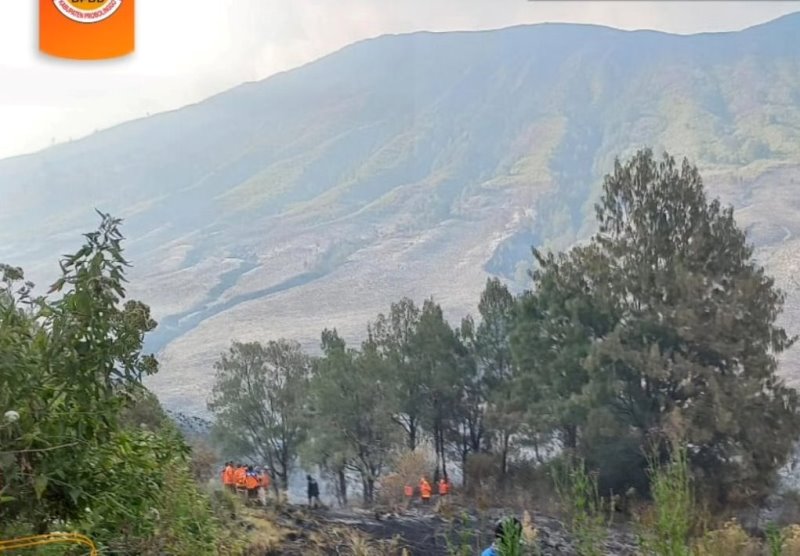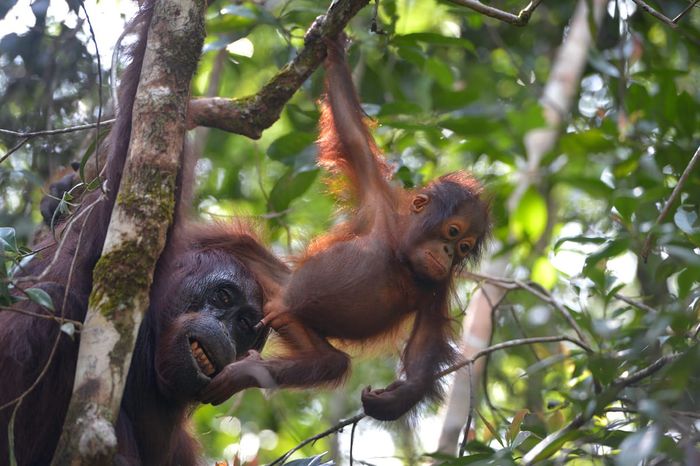Mangroves Can Reduce the Climate Crisis
This year, the COP25 Climate Change Conference held annually by the UNFCCC took place at IFEMA, Madrid, Spain, on 2 – 13 December 2019 with the theme 'Time for Action', which discusses concrete steps to realize article 6 of the Paris Agreement.
This year's conference discusses the implementation of the Nationally Determined Contributions (NDC) to reduce emissions—an important component in the Paris Agreement, which is to keep the global average temperature rise to a minimum to prevent the worst impacts of climate change. The COP25 provides a global stage for countries ready to step up and commit to reducing greenhouse gas emissions and neutralizing carbon by 2050.
As in previous years, the Belantara Foundation participated in the COP25 Climate Change Conference and had the opportunity to fill one of the panels at the 'Acceleration of Mangrove Rehabilitation in Indonesia' event held at the Indonesian Pavilion Tuesday (12/10/2019). Belantara Foundation Executive Director, Dr. Sri Mariati, asserted that the Belantara Foundation supported Indonesia's steps to jointly rehabilitate mangroves, especially in the east coast cluster of Sumatra.
Dr. Sri Mariati stated that the Belantara Foundation had involved village communities in carrying out mangrove rehabilitation of 51.16 hectares in eight villages. Community involvement in undertaking the Foundation's mangrove rehabilitation initiative is to strengthen community resilience from climate change.
In this event, Dr. Sri Mariati also stated that the rehabilitation of mangrove forests are critical as they can absorb and store large amounts of carbon, and will significantly impact the climate crisis control. According to Secondary mangrove forests can store 54.1-182.5 tons of carbon per hectare, according to Indonesia's Ministry of Environment and Forestry (KLHK), a secondary mangrove forest can store 54.1–182.5 tons per hectare.
Dr. Sri Mariati added, the mangrove rehabilitation program carried out by Belantara Foundation wasn't just to plant but also empower the communities by mangrove ecotourism and sustainable mangrove products usage. The Belantara Foundation will continue to support mangrove rehabilitation until it reaches 200 hectares by 2024.
Efforts to control climate change in achieving the Paris Agreement target require active roles from various actors, such as the government, the community, businesses, NGOs, the media, and the young generation, to take concrete actions starting from now.
The COP 25 Climate Change Conference was held with an urgency of presenting concrete actions to control climate change through a series of topics and actions of successful programs in dealing with climate change issues.
The UNFCCC COP 25 conference expects to produce a "Katowice Package," a breakthrough that all countries can be proud of, particularly in terms of strengthening the Paris Agreement and opening the door for the implementation of climate change control actions throughout the world.

















